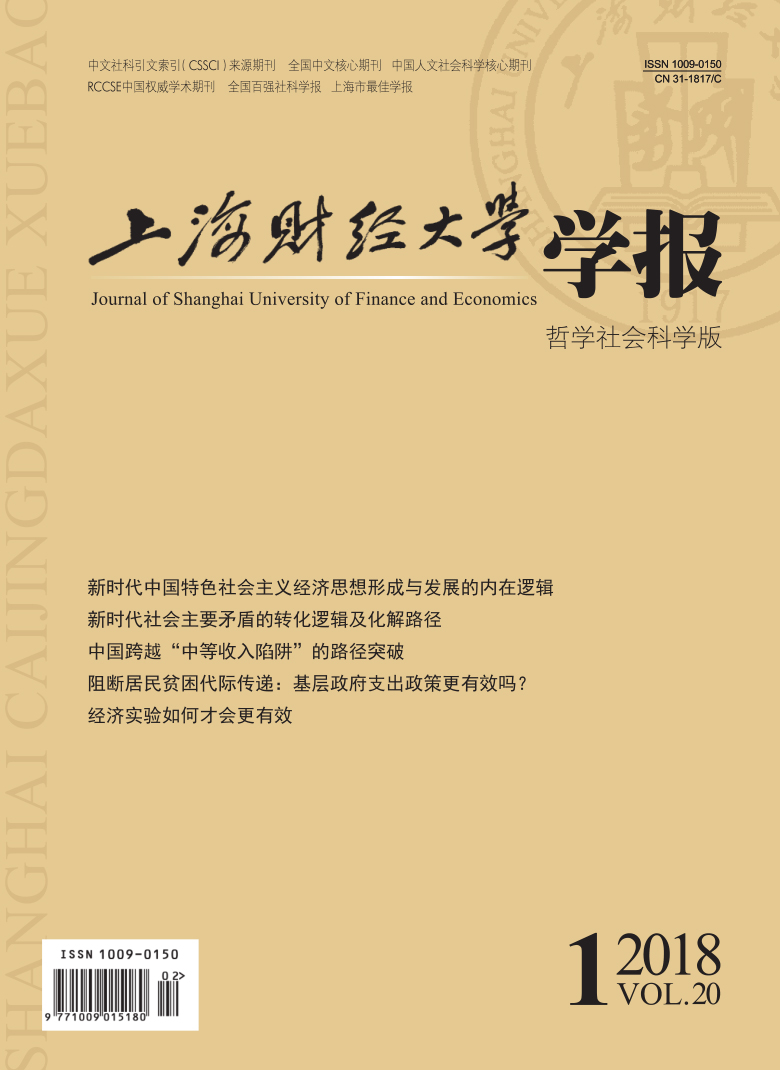The behavioral characteristics of securities investors have important effects on corporate idiosyncratic risk because it is the key media from any point of view to explain the formation mechanism of idiosyncratic volatility that has already been an emerging field in finance. Institutional investors have significant impacts on stock price volatility based on their professional competence, information superiority and capital strength, so there is an inevitable connection between institutional investors and corporate idiosyncratic risk. Although the previous literature also involves the relationship between institutional investors and corporate idiosyncratic risk, the conclusions are different because institutional investors are monotonous in the securities market in some studies, and the " black box” paradigm has been used to analyze the impact of institutional investors on corporate idiosyncratic risk. Corporate idiosyncratic risk is not only related to stock price informativeness, but also the result of noise trading. Institutional investors are not only the informed traders, but also the important force of corporate governance in the securities market, and these two roles have distinct effects on stock price informativeness and noise trading. In fact there are multi-channel impact mechanisms. Based on this idea, using a sample of listed companies in Chinese stock exchanges from 2006 to 2015, and through SEM method analysis, this paper analyzes the impact of institutional ownership behavior on corporate idiosyncratic risk by the way of informed trading, noise trading, and corporate governance. And it arrives at the conclusion as follows: institutional investors affect corporate idiosyncratic risk by the way of combined effects of stimulation and inhibition. Stimulatory effect means institutional investors as informed traders promote corporate idiosyncratic risk, and inhibitory effect is that institutional investors reduce the level of corporate idiosyncratic risk by the way of a reduction in noise trading and optimization of corporate governance. And the former effect is greater than the latter effect, so the overall effect shows that institutional shareholding has a positive effect on corporate idiosyncratic risk. It clarifies the internal mechanism of institutional investors on corporate idiosyncratic risk, and also shows that the function of corporate governance of institutional investors still needs to be improved in China’s capital market.
 / Journals / Journal of Shanghai University of Finance and Economics
/ Journals / Journal of Shanghai University of Finance and EconomicsJournal of Shanghai University of Finance and Economics
LiuYuanchun, Editor-in-Chief
ZhengChunrong, Vice Executive Editor-in-Chief
GuoChanglin YanJinqiang WangWenbin WuWenfang, Vice Editor-in-Chief
How Does Institutional Investors Affect Corporate Idiosyncratic Risk: Stimulatory or Inhibitory Role? Experimental Evidence Based on Path Analysis
Journal of Shanghai University of Finance and Economics Vol. 20, Issue 01, pp. 43 - 56 (2018) DOI:10.16538/j.cnki.jsufe.2018.01.004
Summary
References
Summary
Cite this article
Hua Fengtao. How Does Institutional Investors Affect Corporate Idiosyncratic Risk: Stimulatory or Inhibitory Role? Experimental Evidence Based on Path Analysis[J]. Journal of Shanghai University of Finance and Economics, 2018, 20(1): 43–56.
Export Citations as:
For




 9675
9675  10621
10621

